Recently, the trend of “going back in time with Google Maps” has exploded on social networks when a series of users shared images of old houses, old streets, and even moments of meeting deceased relatives thanks to the Google Street View feature. These videos and posts quickly attracted tens of thousands of interactions, creating a strong viral effect thanks to nostalgic emotions and memory connections.
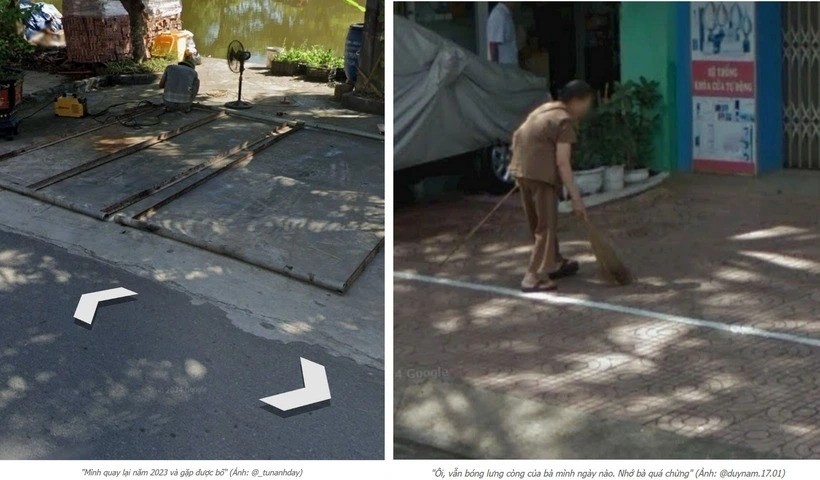
However, experts warn that behind these emotional moments lie a series of risks regarding personal information security. Widely circulating images of private homes, license plates, addresses, even images of relatives and pets, etc. can inadvertently provide sensitive data to bad guys.
Security experts warn that cybercriminals can use Google Street View to spy on entrances, security cameras, visible assets or weaknesses in a home's security system.
Beyond the risk of theft, publicizing past photos can also reveal travel history, personal relationships, or private information that the homeowner does not want to be exposed. In particular, old photos on Google Street View sometimes record a time when security systems were not installed, exposing potential weaknesses to thieves.
According to Mr. Vu Ngoc Son, Head of the Technology Department of the National Cyber Security Association, in principle, photos containing clearly identifiable information will be blurred by Google to protect privacy, which is also a mandatory requirement so that Google does not get caught up in legal issues in the countries where they provide 360-degree street view services. These photos have been collected by Google for many years, through vehicles with specialized cameras that collect them themselves or by collaborators.
“This image collection is entirely done by Google or its collaborators, so it is impossible to have the consent of all those who are directly “involved” in the photo unintentionally. Therefore, there will be sensitive, private images that are exposed in the frames, although the algorithms have tried to cover the faces or license plates, but with the shapes and spaces that appear, if they are acquaintances, they can still be recognized. Not to mention the situations where the algorithm cannot fully recognize the faces to cover, there may still be faces that are not covered,” Mr. Vu Ngoc Son explained.
In addition, if users actively post photos (with blurred faces and license plates) to show off, another problem of information leakage will arise. The "owner" announcing the photos will unintentionally create a link between the unidentified (blurred) information and the information identified as the account owner showing this information. From there, subjects can research and find information related to the account owner, the characteristics of the living or working area. This information can be used in impersonation, blackmail, and even fraud scenarios.
“Users need to be extremely vigilant with new trends, especially those on the Internet. The information you post will always be recorded, analyzed and collected by search engines. You need to be proactive in preventing such information leaks. Personal information is a valuable asset, if it falls into the hands of others, it will cause unpredictable consequences,” a cybersecurity expert warned.
Cybersecurity expert Vu Ngoc Son recommends that in case you discover photos containing your private information, you can use Google's incident reporting tool, circle the area that needs to be blurred and explain the reason, and send a request to Google to hide these images.
On the iOS app store in early July, Google Maps was always in the top 3 downloaded apps, at one point even reaching the number one position in Vietnam, while on Android, the app was installed by default.
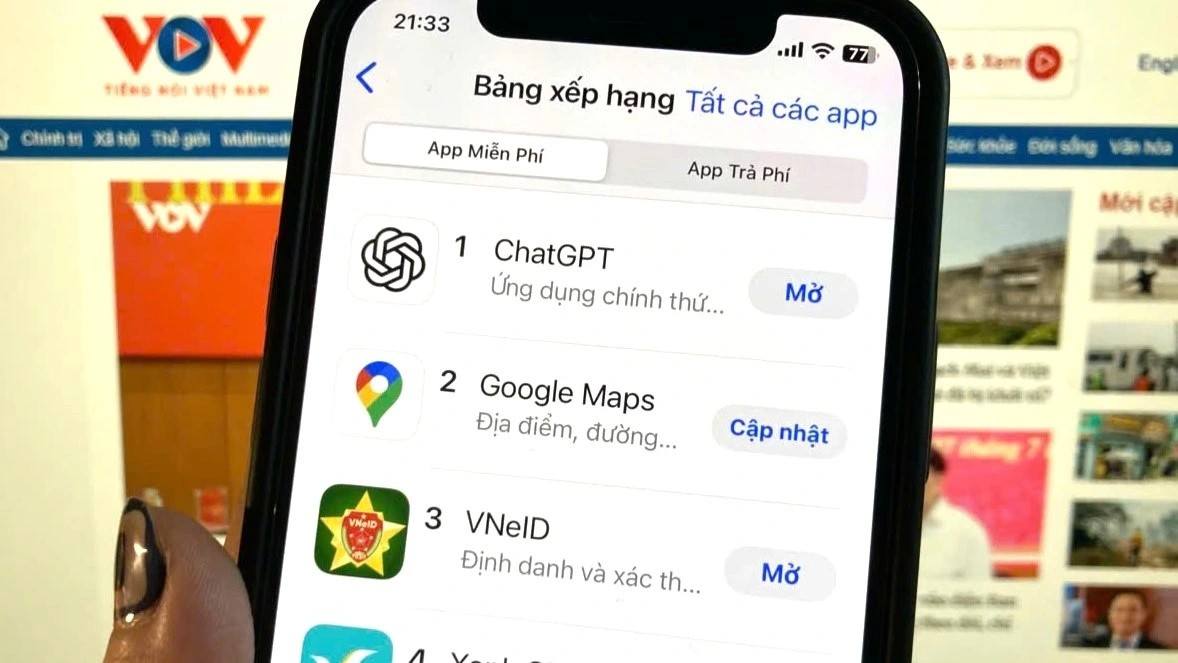
Taking advantage of this trend, some application developers have also launched fake applications (apps), named and designed similar to Google Maps to deceive users such as Street View Earth Map 2024, Live GPS Maps, Old Street Maps... and used logos with familiar blue, red, yellow colors, making many people mistakenly think this is an official Google product.
In their descriptions, these apps often advertise that they can help view old photos, support time rewind, or even “revive memories” to attract users who are eager to find old photos. In reality, most of them are just continuous ad displays that waste users’ time.
Some applications also require users to grant sensitive access permissions such as contacts, memory, precise location... to collect data illegally.
Accidentally downloading fake apps can cause users a lot of trouble. At best, they will have to endure a series of annoying pop-up ads, slowing down their phones and draining their batteries quickly. At worst, if the app integrates malware or is distributed from unofficial app stores, they risk losing personal information such as location, contacts, social network accounts, and even financial data.
In addition, these applications often require device admin rights to prevent removal, making it difficult for non-tech-savvy users. The consequences can lead to the device being controlled remotely, losing control and having to run specialized security software to handle it, according to Tuoi Tre.
Experts recommend that users only download official Google Maps released by Google LLC, verified on Google Play Store or Apple App Store. Before installing, carefully check the developer information, number of downloads, reviews and comments from real users.
In case you have accidentally installed it, you should quickly uninstall it and scan for viruses to ensure the safety of your device and personal data.
Source: https://baolaocai.vn/coi-chung-vach-nha-cho-trom-xem-voi-nhung-tam-anh-tu-google-maps-post648227.html






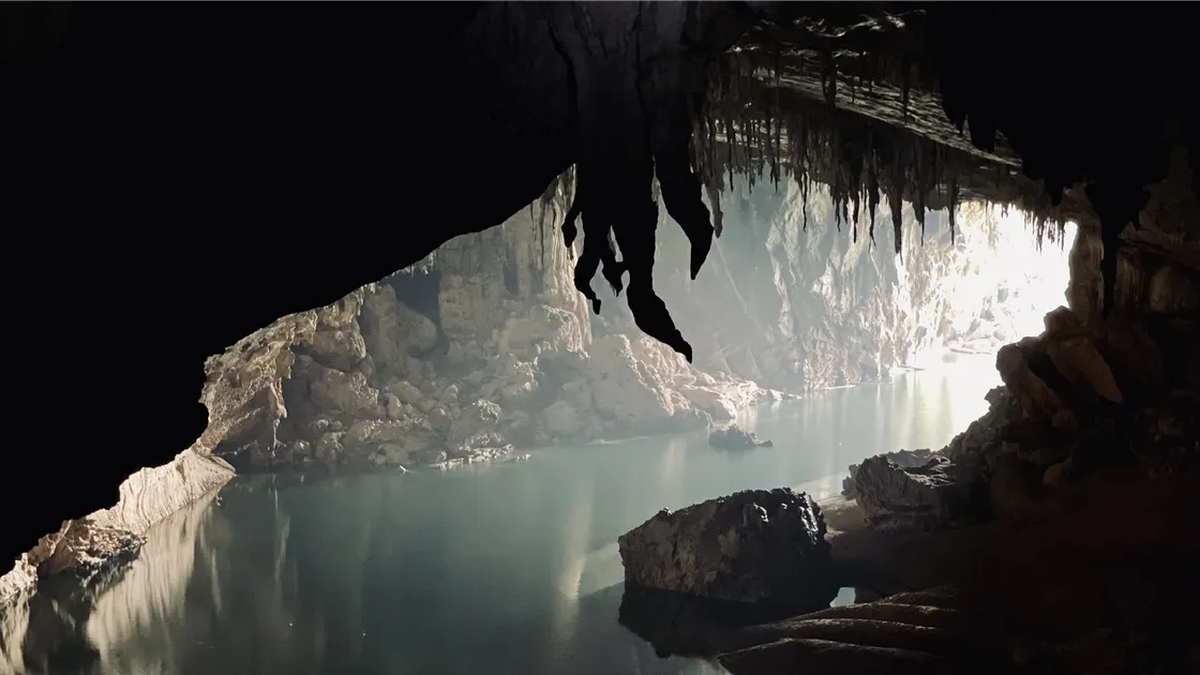


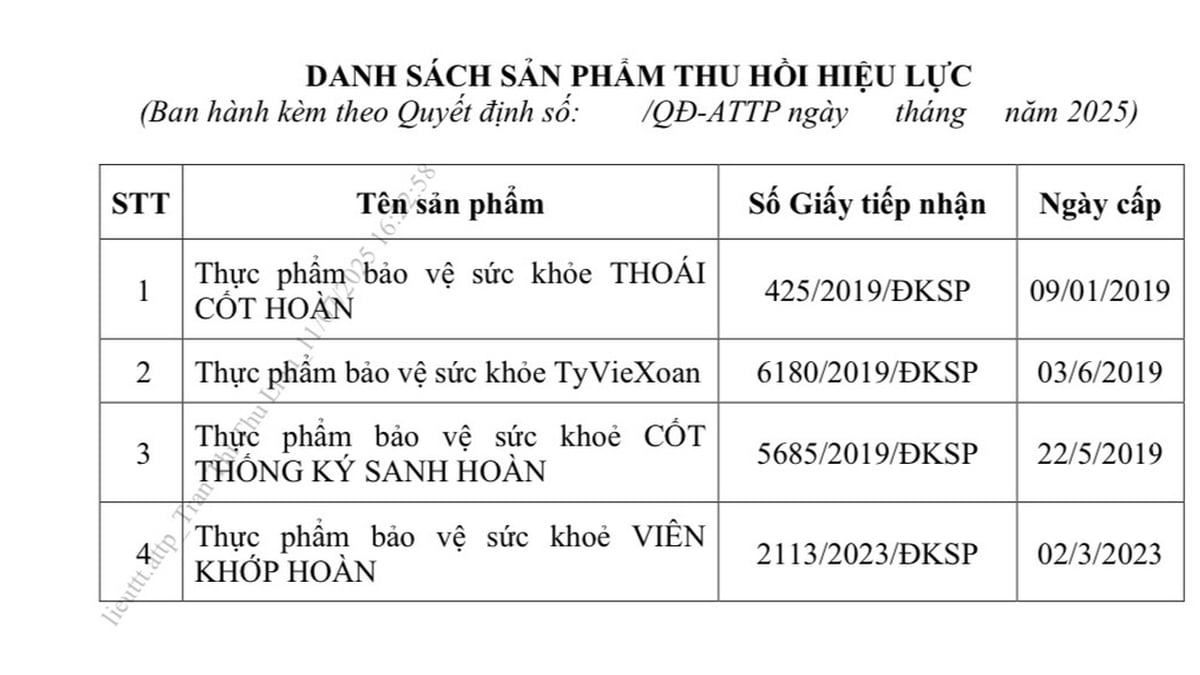












































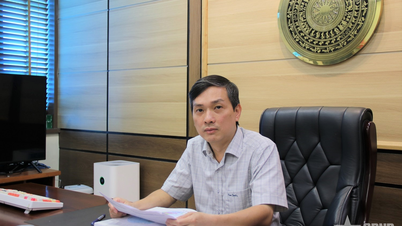














































Comment (0)